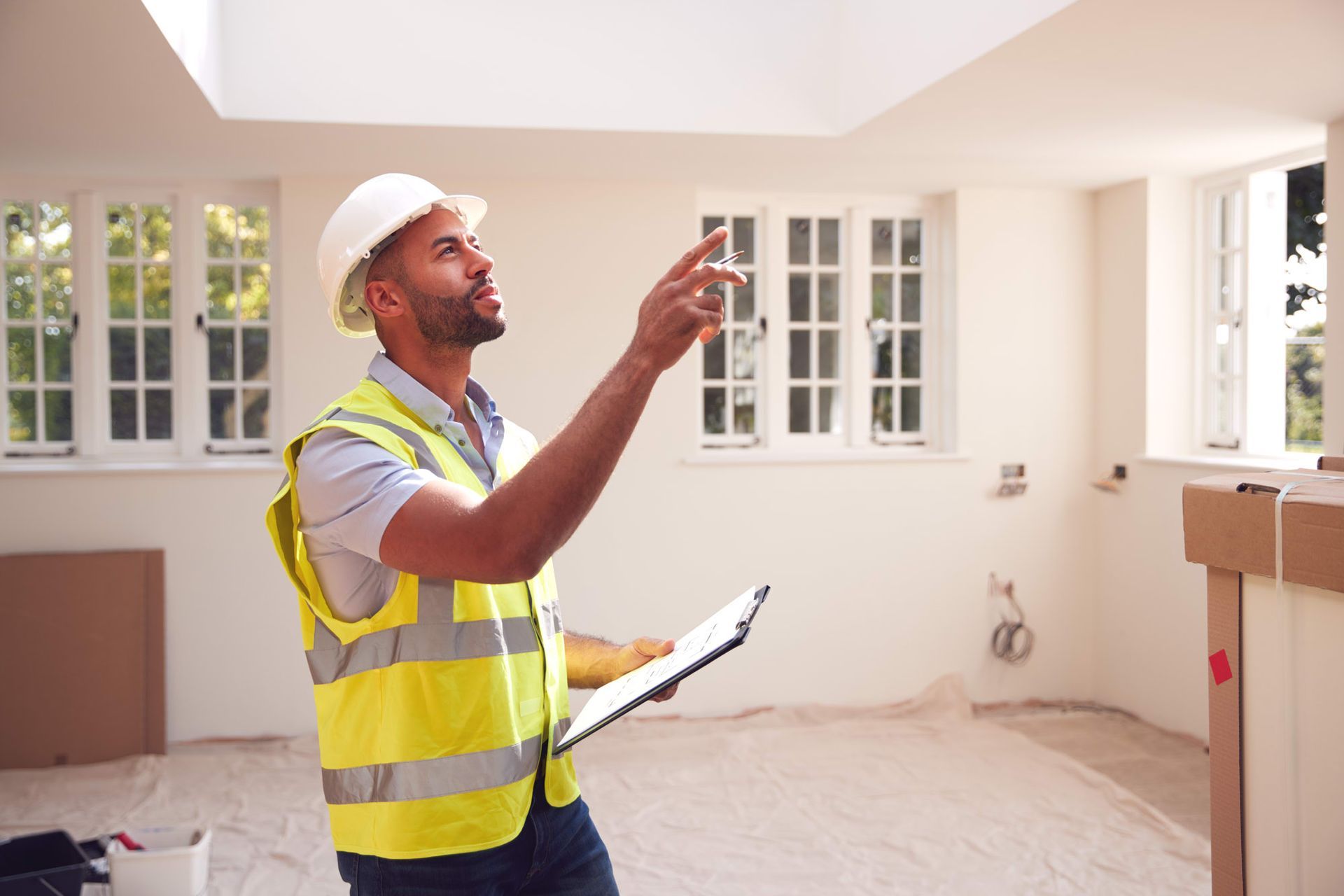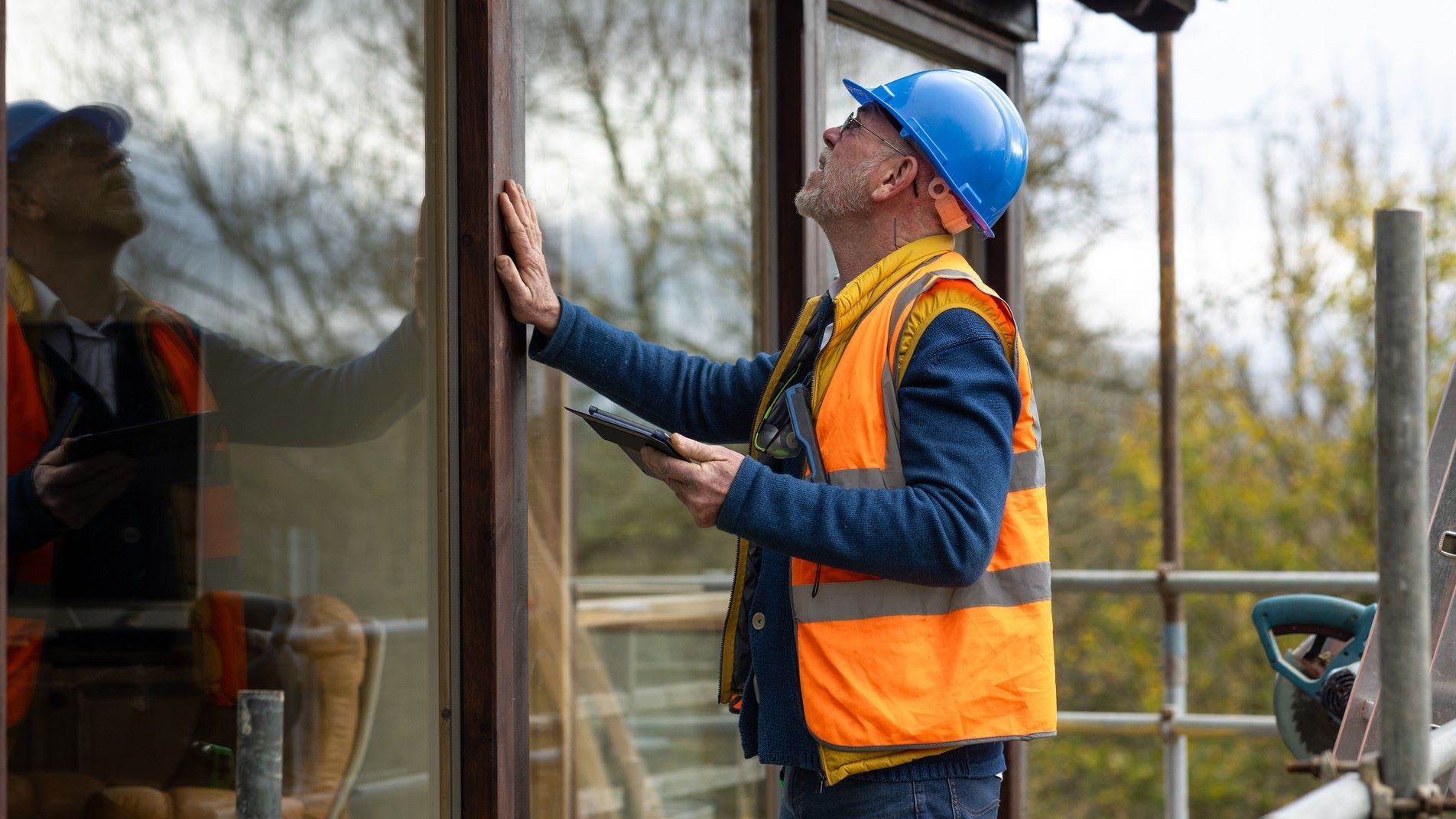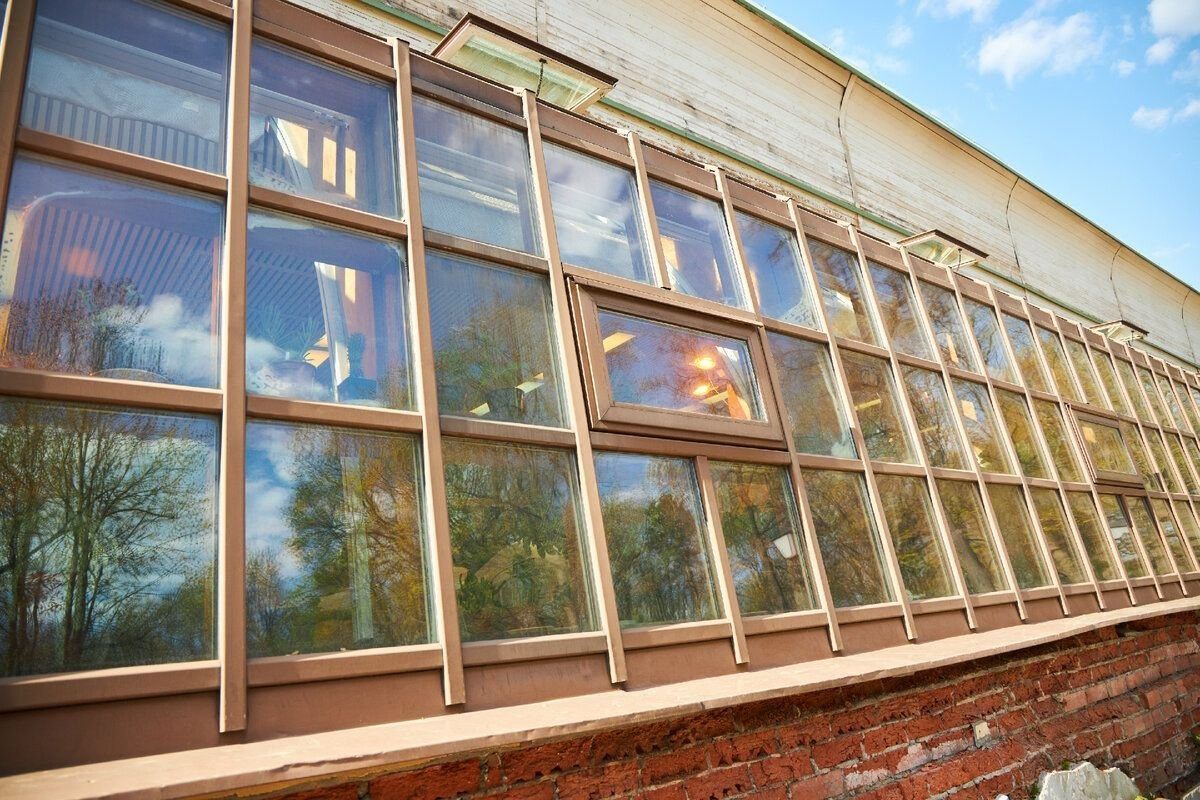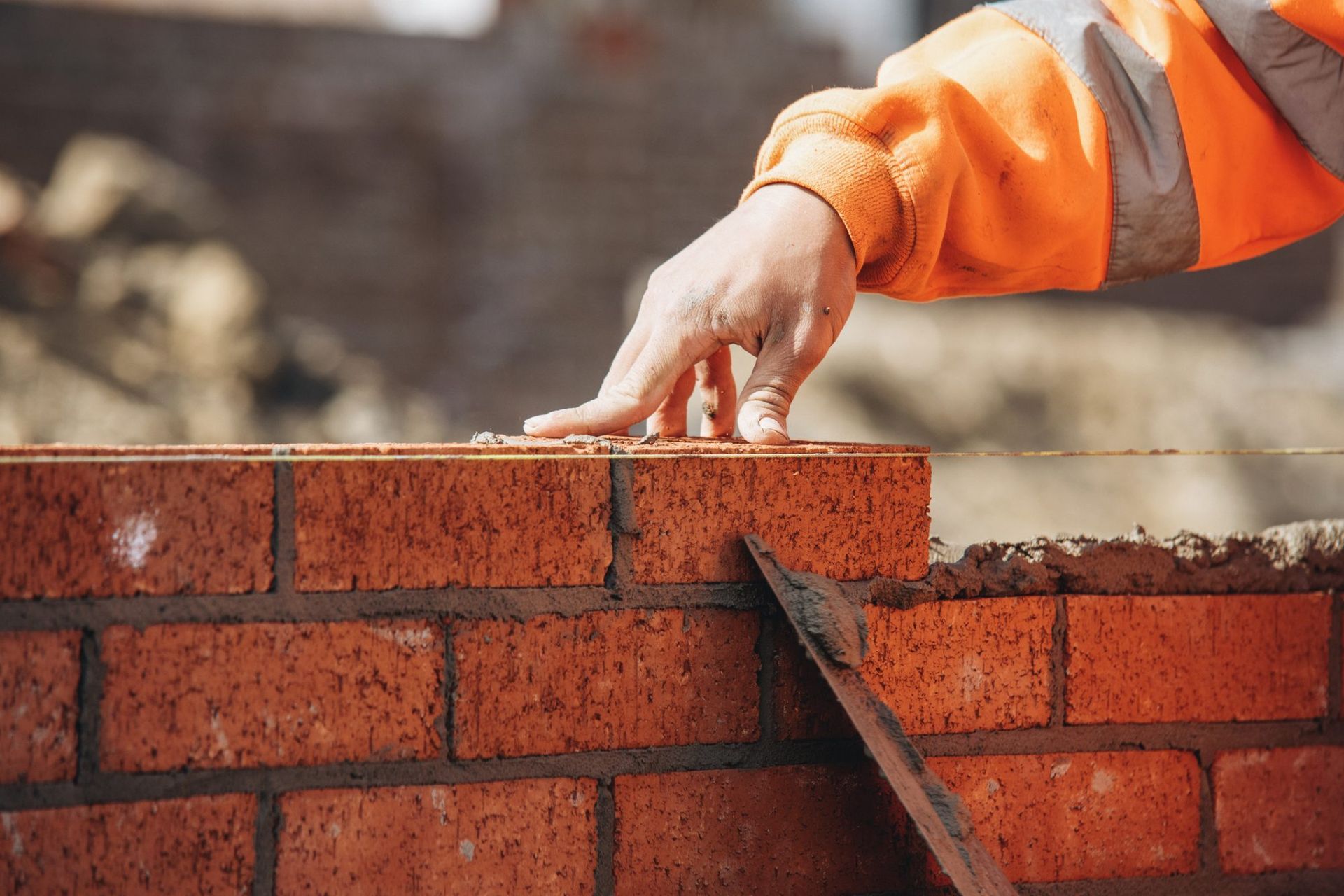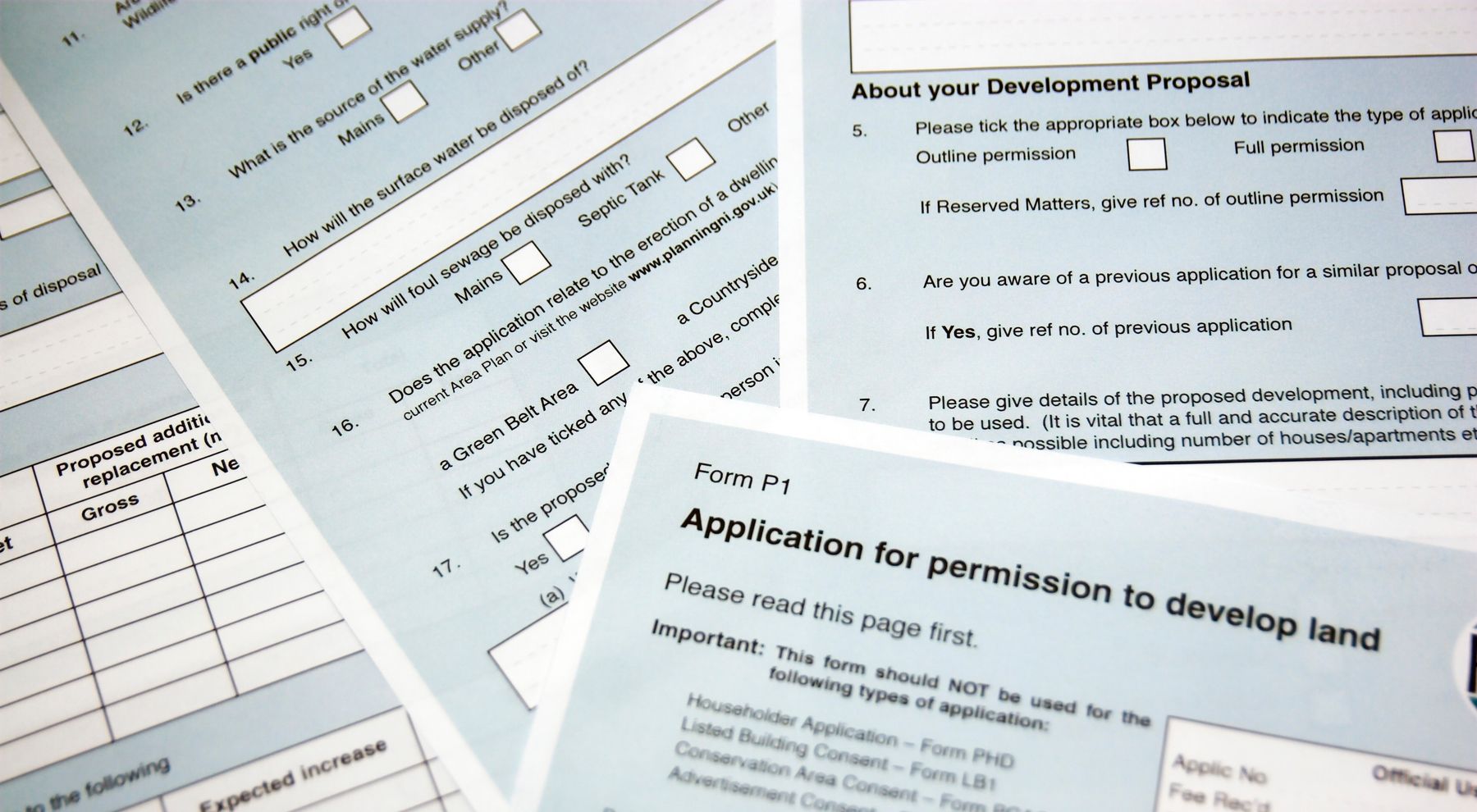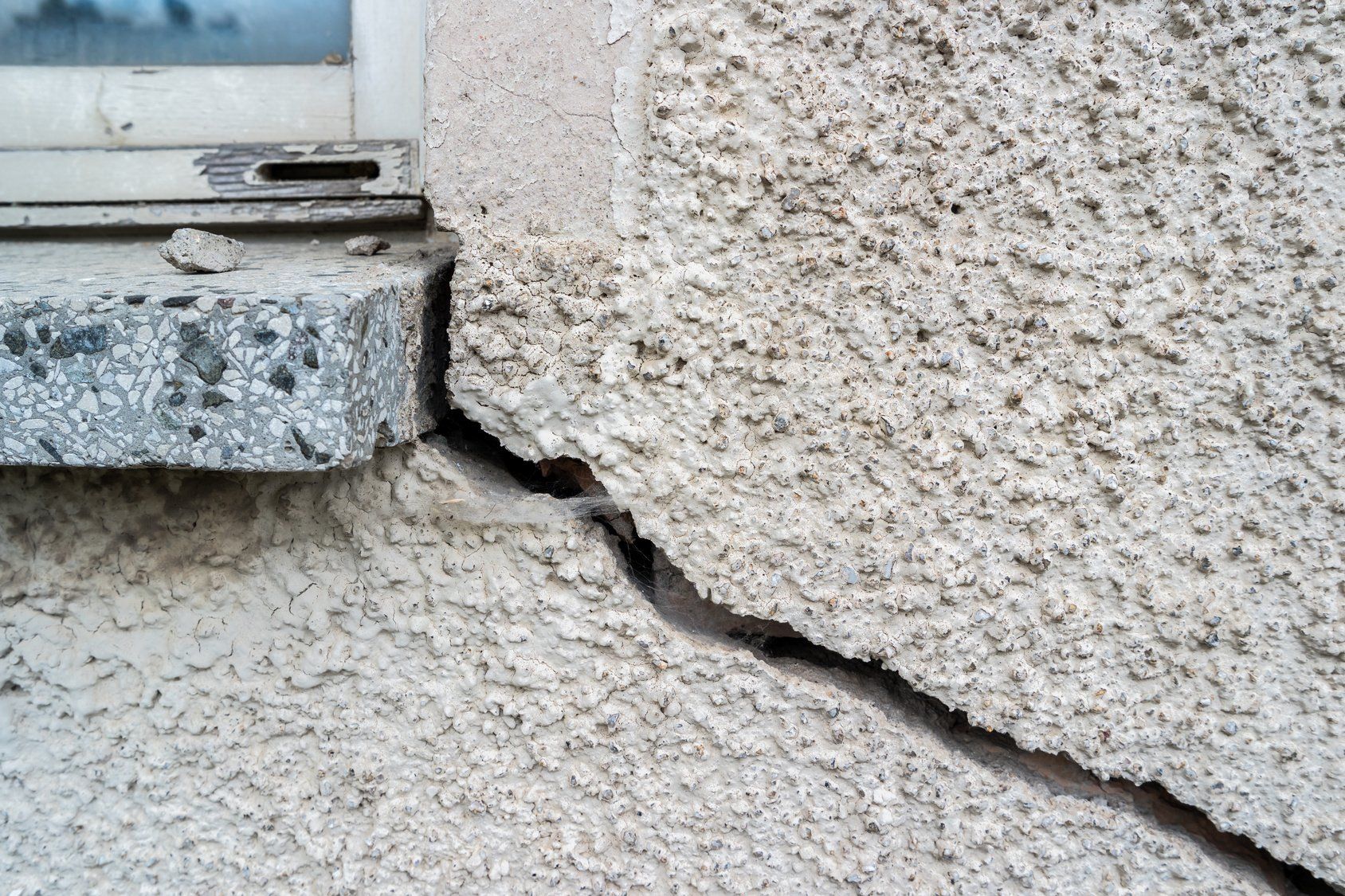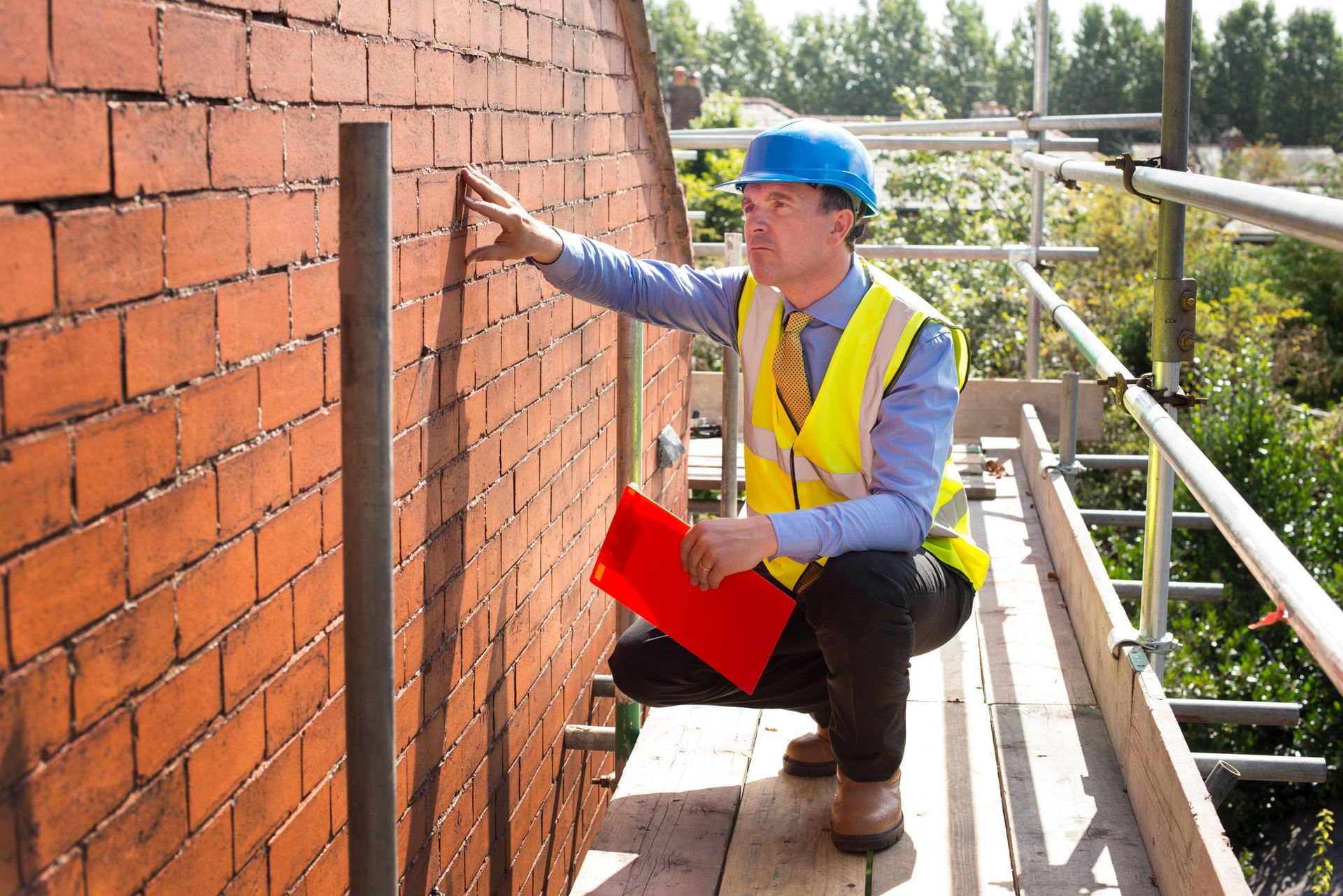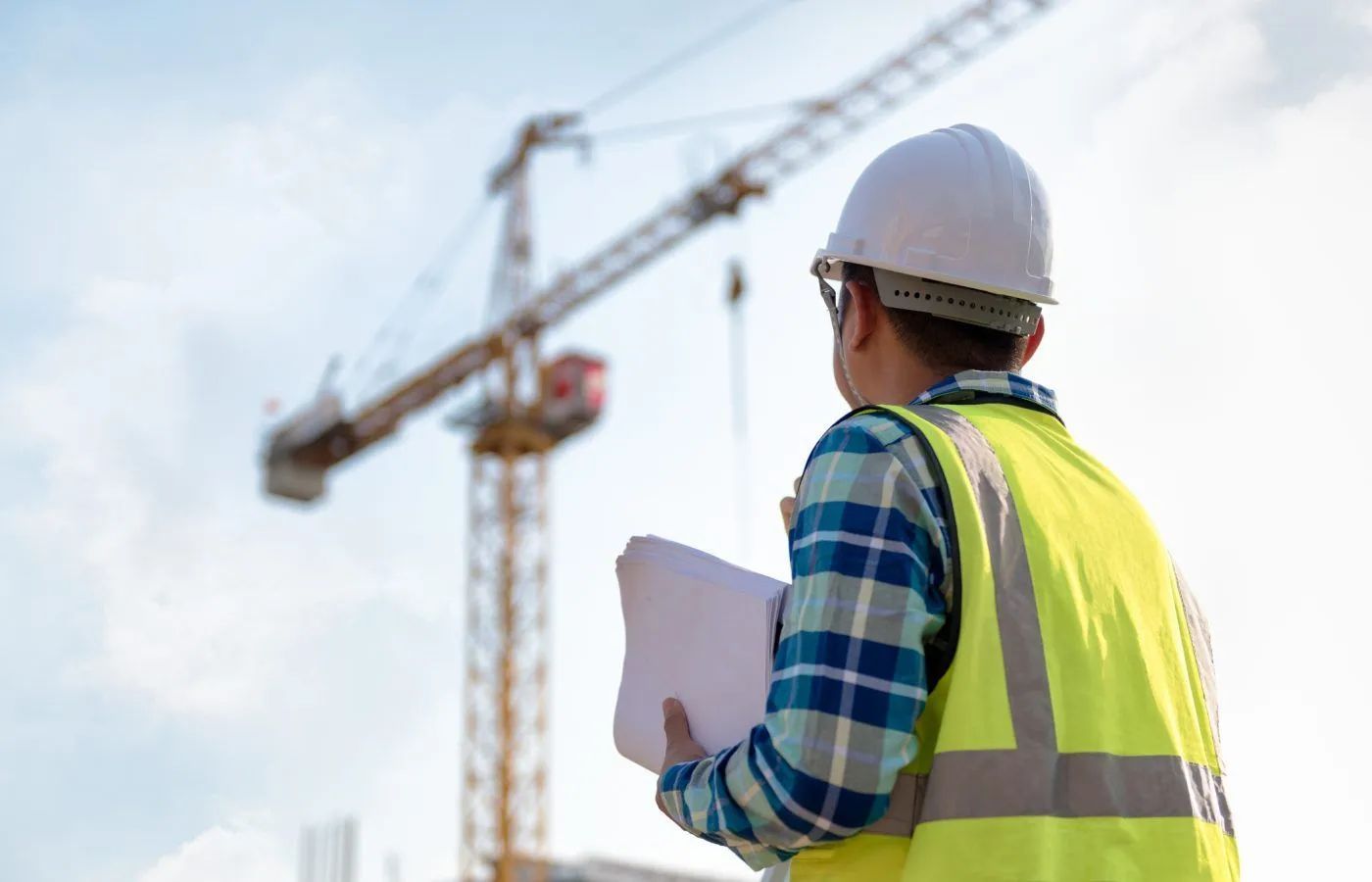Common Questions To Ask Your Structural Surveyor

Whether you’ve put an offer in on a new property, you want to renovate your current home or you’re just concerned about the stability of your house, hiring a structural surveyor to do a full survey is your next step. Our in-depth understanding of construction, design skills and legal expertise can guide you and could be the make or break of investing in a new home or adding an extension to your current property.
There are a number of different circumstances that will lead you to consider hiring a structural surveyor and so there are a number of different questions that you may need to ask. Here at Simon Levy, we are a small team of chartered building surveyors with over 30 years experience in building and structural surveys and we have heard these questions time and time again. We’re here to answer some of those important questions, so that you know where to go next with your property purchase or renovation.
What types of survey are there and which one is the best for my situation?
The world of property surveying can be pretty confusing; with lots of different terms being batted around it can be hard to get your head around it all if you’re not an expert. Below are the three main types of survey available and when they are required:
● Mortgage Valuation. A mortgage company will probably say they are carrying out a ‘survey’, however this will be purely surface level and simply exists to satisfy the needs of the lender. It should identify obvious defects but won’t detect underlying structural issues. This does not count as a full survey but will be completed by all mortgage companies at the point of sale, so you’ll at least get a small amount of insight into the state of a property.
● Homebuyers Report. This is the RICS (Royal Institution of Chartered Surveyors) standard wording to comment on the condition of a property but won’t do an in-depth structural survey. The surveyor will not move anything in or outside of the property to get results - for example, they won’t lift carpets or floorboards to inspect rising damp. This can be adequate for a conventional property that’s been built fairly recently from common materials but the report will not detect any hidden issues so opting solely for a homebuyers report can be risky.
● Structural Survey or full Building Survey. This is a full internal and external survey of a property. This type of survey will look at everything including the building’s structure, which will save you money on separate structural engineer costs. The surveyor will open manholes, use ladders to get into the roof and lift carpets or floorboards in order to get a thorough understanding of the condition of the property. Whatever type of property you have or are investing in, we highly recommend this option; at the moment, only one in five people get a structural survey before going ahead with a property purchase, despite the fact that it provides ammunition for negotiating price reductions, potentially saving thousands of pounds.
Do I need a full building survey?
As we’ve said, it’s highly recommended to get a full building survey on your property. There are two main circumstances in which a full structural survey is required:
● You’ve had an offer accepted on a new property . The survey will help you to decide whether to go ahead with the purchase at all or whether there is room to negotiate the price, due to problems recognised by the surveyor.
● You’re looking to extend or majorly renovate your current house. The survey will guide you and your architect or builder as to whether your desired renovation is safe and possible, and will also assist your planning permission case. A surveyor may even be able to give you an idea of costs and timeframe.
In both cases, we recommend you always opt for a full building and structural survey. But you should definitely do so if:
●The building is older than 100 years old
●Has previously had major alterations
●Is larger than the average home
●Is a non-traditional construction
What does a full building survey by a chartered surveyor involve?
A structural survey is a very detailed inspection of a building, so it’s important to know exactly what goes on and what’s going to be looked at. Firstly, a full survey will ideally be carried out by a chartered surveyor; an accredited building surveyor who is recognised as a professional member or fellow of the RICS. You can recognise a chartered surveyor by the initials ARICS, FRICS or TechRICS after their professional name. For example, our sole principal building surveyor is Simon Levy FRICS MAE .
Once you’ve chosen a trusted chartered surveyor, it’s good to communicate with them before the survey goes ahead to highlight any areas that are of particular concern or that you think may have issues. Your surveyor may also request that you move some belongings in order to make certain areas more accessible - it’s good practice to do this anyway so that they don’t miss anything important out of the survey.
A full building survey is an assessment of the whole site and this tends to include an examination of the following important elements:
●Boundaries and borders
●Geological Survey Map - includes local factors like the risk of flooding or subsidence
●Plumbing - internal and external
●Building services - electricity, gas etc.
●Chimney stacks and parapets
●Windows and doors
●External landscaping - can be carried out separately by a land surveyor
●Roof voids, loft areas and general roof structure
Throughout the survey, your chartered surveyor will document what they find by taking photographs, paying close attention to problems such as damp, timber decay, lack of ventilation and poor thermal, sound and building services performance. If such problems are uncovered, you’ll need to discuss with your building surveyor what to do next as they can guide you through the next steps.
I’ve had a survey done on my new property and my property surveyor has uncovered problems - what should I do?
A new house or major renovation project is probably one of the biggest investments you’ll make in your life so ensuring that it is definitely the right decision is essential. If problems are found during your survey, it can be very daunting and may feel like a massive knock to your future plans. However, your property surveyor is there to help and support you through the process. Below are some words of wisdom from us as chartered surveyors on what to do if problems are uncovered:
●Find out whether any problems, such as a poor damp-proof course , are covered by a guarantee or insurance.
●Ask the surveyor to give you an idea of how much it will cost to resolve the problems identified - they will often provide an estimation of repair costs for you anyway. If the problems aren’t major, consider whether you can amend them yourself, particularly if you’re a dab hand at DIY.
●For more major works, contact a builder for a quote and utilise the results of the survey to ensure an accurate and appropriate price.
●If you’re purchasing the property, use the builder’s quote to try to renegotiate the price or ask the seller to fix the issues before you go ahead with the sale.
●Major repair work will cause a lot of upheaval for you and your family and when you’ve just moved into a property, it’s probably the last thing you want to have to deal with. If it doesn’t seem worth it, remember that you’re not committed to the purchase and can walk away.
With our sound advice, you should now know what type of survey you require and what to do before, during and after your survey. Hopefully, no major issues will be identified during your upcoming survey. However, if they are, your surveyor will be able to assist you every step of the way from estimating costs of your time and money, to completing the purchase of your dream home at the appropriate price.
Simon Levy - your trusted expert building surveyor
At Simon Levy in Borehamwood, our expert team can make sure your next property venture is the right one. We carry out full structural and building surveys to RICS standards, can offer planning permission advice , assist through party wall and boundary disputes , as well as act as an Expert Witness for an independent, knowledgeable opinion during a dispute.
If you’re not sure that your potential new home is suitable for your family, or if you simply just want to get things checked out, our expert surveying services can give you peace of mind. Why keep yourself blindfolded to problems when we at Simon Levy are passionate about making sure new homes and renovations are safe and sound? If you’re based in any of our operating areas, we can help you today. You can either call us, write to us or request a quote on our website for any of the services we offer and we’ll make sure your future home is the right one for you.

